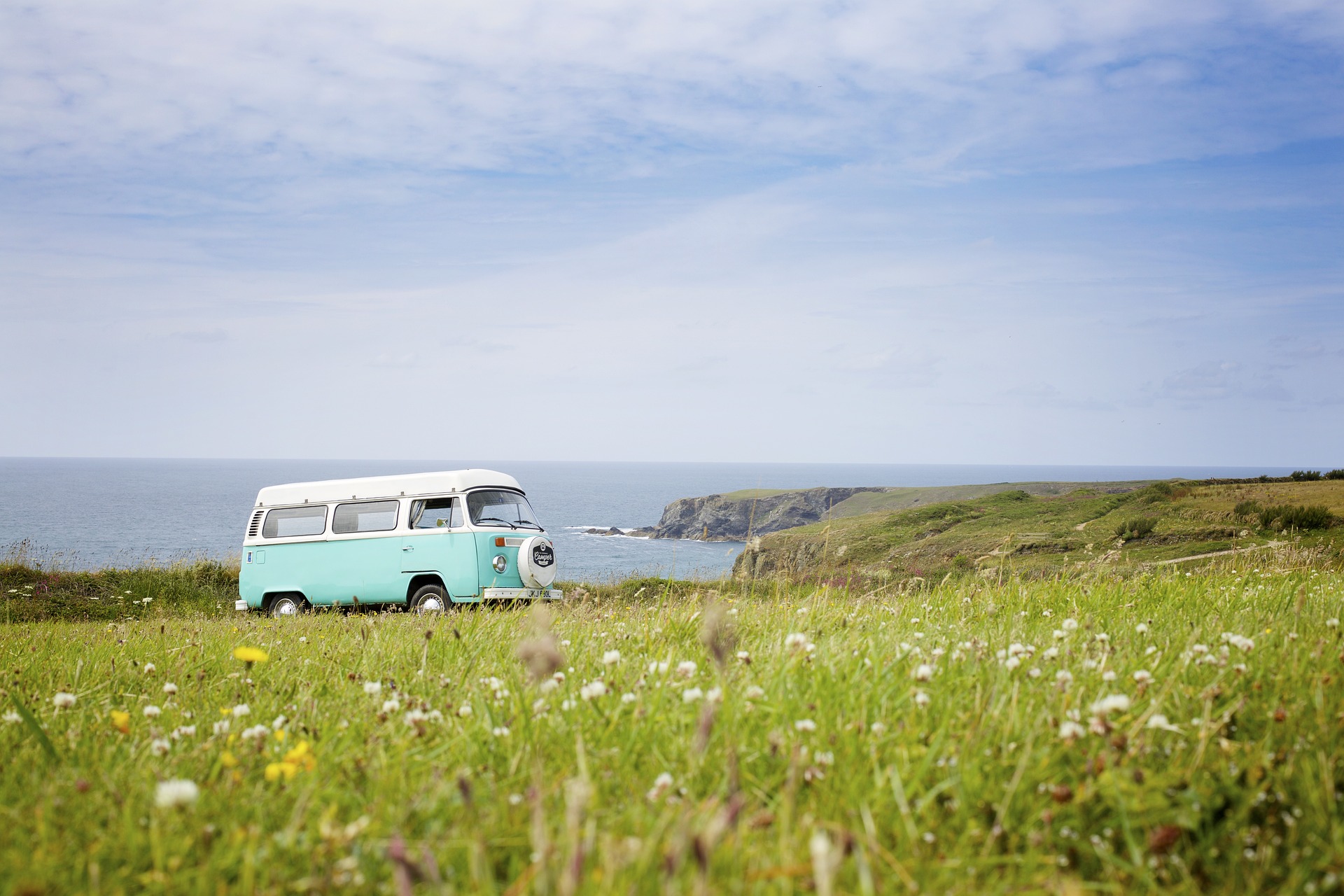A New Dawn in Travel: Resurgence of the Classic Camping Vacation
The allure of the open road, the freedom of the great outdoors, the simplicity of a tent under the stars—camping has been a beloved pastime for centuries. However, in the past few years, this classic form of travel has seen a resurgence. Whether fueled by a desire to reconnect with nature, a need for budget-friendly travel, or a quest for an authentic and immersive experience, camping is back, and it is more popular than ever.
The Evolution of Camping
Camping has a rich history that spans across multiple cultures and centuries. It was initially a necessity for explorers, hunters, and nomads, who spent nights under the stars during their travels. However, as urbanization took over, camping became less of a necessity and more of a leisure activity. The 20th century saw the rise of organized campgrounds, national parks, and the iconic RV (Recreational Vehicle). These developments made camping accessible and attractive to the masses.
The Modern Camping Renaissance
Today, camping is enjoying a renaissance. Why? For starters, it’s a reaction to our increasingly digital, fast-paced lives. People are craving a return to nature, a chance to unplug and recharge. Second, the recent global events have made international travel less accessible, prompting many to explore their local landscapes.
Benefits and Challenges of Camping Travel
The advantages of camping are abundant. It provides an affordable way to travel, it promotes physical and mental well-being, and it offers a unique opportunity to connect with nature and loved ones. However, it’s not without its challenges. Weather, wildlife, and lack of amenities can pose difficulties for the unprepared traveler. Plus, camping requires a fair amount of planning and preparation to ensure safety and comfort.
Impact of Camping on Travel
The resurgence of camping has had a profound impact on the travel industry. It has increased demand for camping gear and RVs, boosted visitation to national parks and campgrounds, and inspired a new wave of travel startups offering camping experiences. Furthermore, it’s changing how people view travel, placing more emphasis on experiences and connections rather than luxury and convenience.
Essential Camping Nuggets
-
Camping requires planning: map your route, check the weather forecast, and pack the right gear.
-
Leave no trace: respect nature by cleaning up after yourself and minimizing your impact on the environment.
-
Campfire safety is crucial: never leave a fire unattended and always fully extinguish it before leaving.
-
Wildlife should be observed from a distance: never feed or approach wild animals.
-
Always tell someone your camping plans: in case of emergency, someone should know where you are and when you plan to return.
In reflecting on camping’s resurgence, it’s clear that this classic form of travel offers something unique and valuable. It’s a chance to slow down, disconnect from the digital world, and reconnect with our natural roots. As we navigate the future of travel, perhaps we should look to the past for inspiration, embracing the simple, authentic experiences that camping provides. Whether you’re a seasoned camper or a curious novice, the great outdoors is calling. Will you answer?





